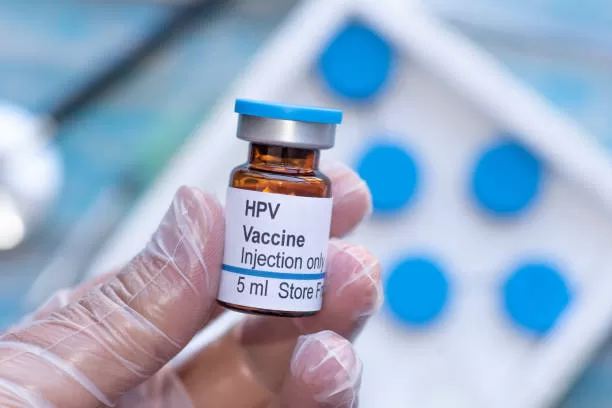Ants can detect cancerous tumors by smell thanks to their strong olfactory receptors, revealed a recently released study.
According to the study, published at Proceedings of the Royal Society B: Biological Sciences and quoted by Independentthe ants of the species Formica fusca are able to detect tumors through the smell of the patients’ urine.
“Ants can be used as biodetectors to distinguish healthy individuals from those with tumors,” said Patrizia d’Ettorre, one of the study’s authors and a researcher at the Sorbonne University in France. “They are easy to train, learn quicklyare very efficient and not expensive to maintain,” he added.
According to the Scientific Americanvolatile organic compounds, which are released specifically by cancerous tumors, are often found in physiological fluids, including perspiration and urine, as well as in respiratory vapour.
In the study, researcher Baptiste Piqueret and his team started by applying human breast cancer tumors to mice. After that, they collected urine samples from healthy animals and from others with tumors.
The investigators taught the ants to associate the smell of tumors to a reward, by applying a drop of sugar water in front of the urine of mice with cancer. When that water was removed, the ants spent about 20% more time in front of urine samples from rats with cancer.
The association for urine detection with carcinogenic compounds was established in just three sessions.
This study specifically analyzed the ability of ants to detect breast cancer biomarkersbut have previously been shown to respond to ovarian cancer biomarkers and are able to distinguish between different types of cancer, reported the Newsweek.
There are some factors that can change the smell of urine between individuals. “A patient’s diet, gender and age can all impact urine odor,” Piqueret said. “In this first study, using ants and urine, we controlled these parameters in mice.”
The team will now have to test whether these other factors affect the ants’ ability to detect tumors. “It is possible that, for ants, the smell of canker be more important than agethe sex and diet of the patient, so in that case we could use the same method, but without controlling these factors, in human beings”, said Piqueret to the Newsweek.
If these factors have a more significant impact on the ants’ cancer detection capabilities, they will have to be trained in different groups, so that they learn to focus only on the common point – the presence of cancer biomarkers.
“We have shown that ants can distinguish the urine of healthy mice from the urine of tumor-bearing mice. We were surprised by the efficiency and reliability of the ants”, indicated Patrizia d’Ettorre.
THE Formica fusca it is a species of black ant, present throughout Europe and in some regions of southern Asia and Africa.
Using a classic conditioning strategy, these ants can learn to associate an olfactory signal with a reward. Ants learn quickly – all it takes for them to develop a long-term memory is a presentation of stimuli.

